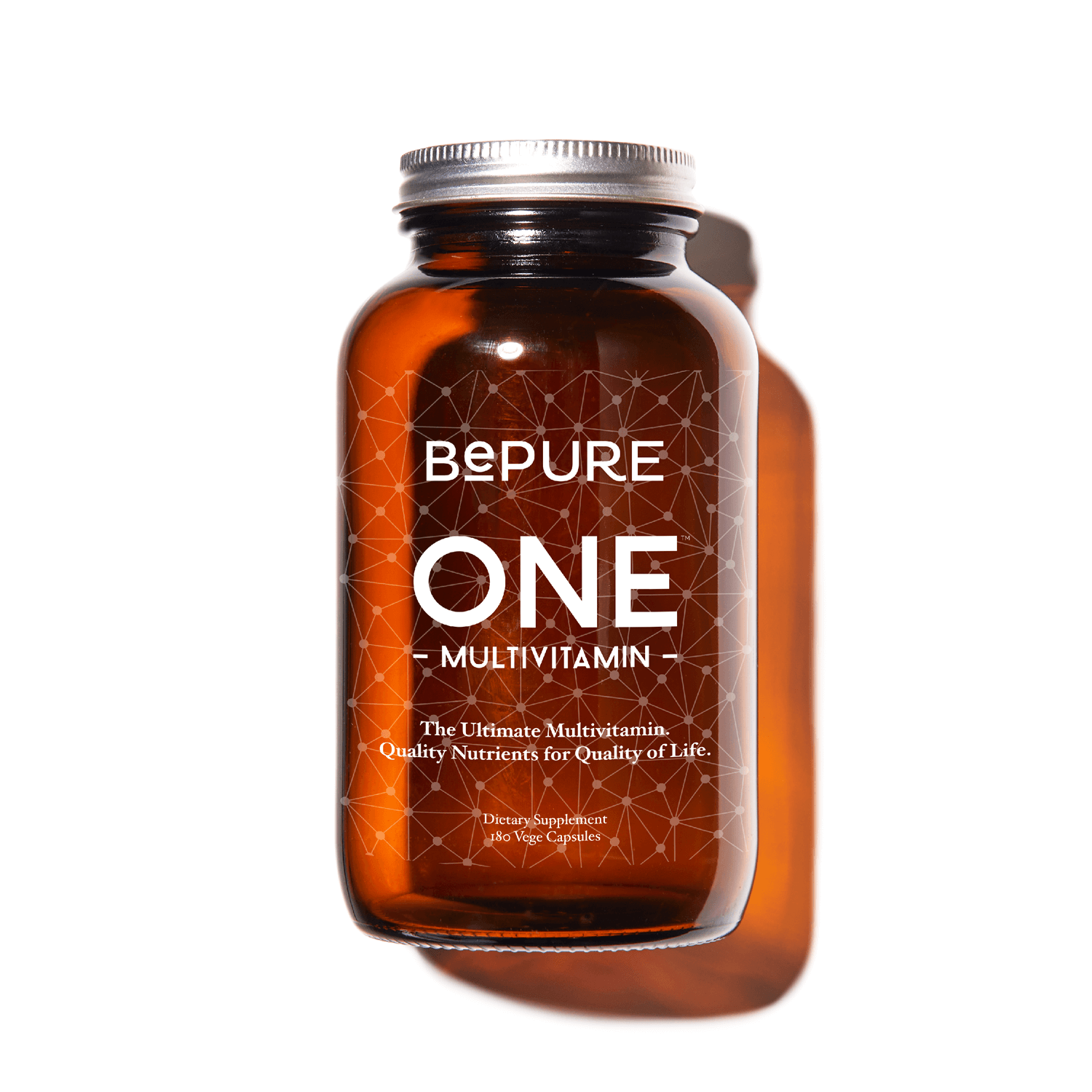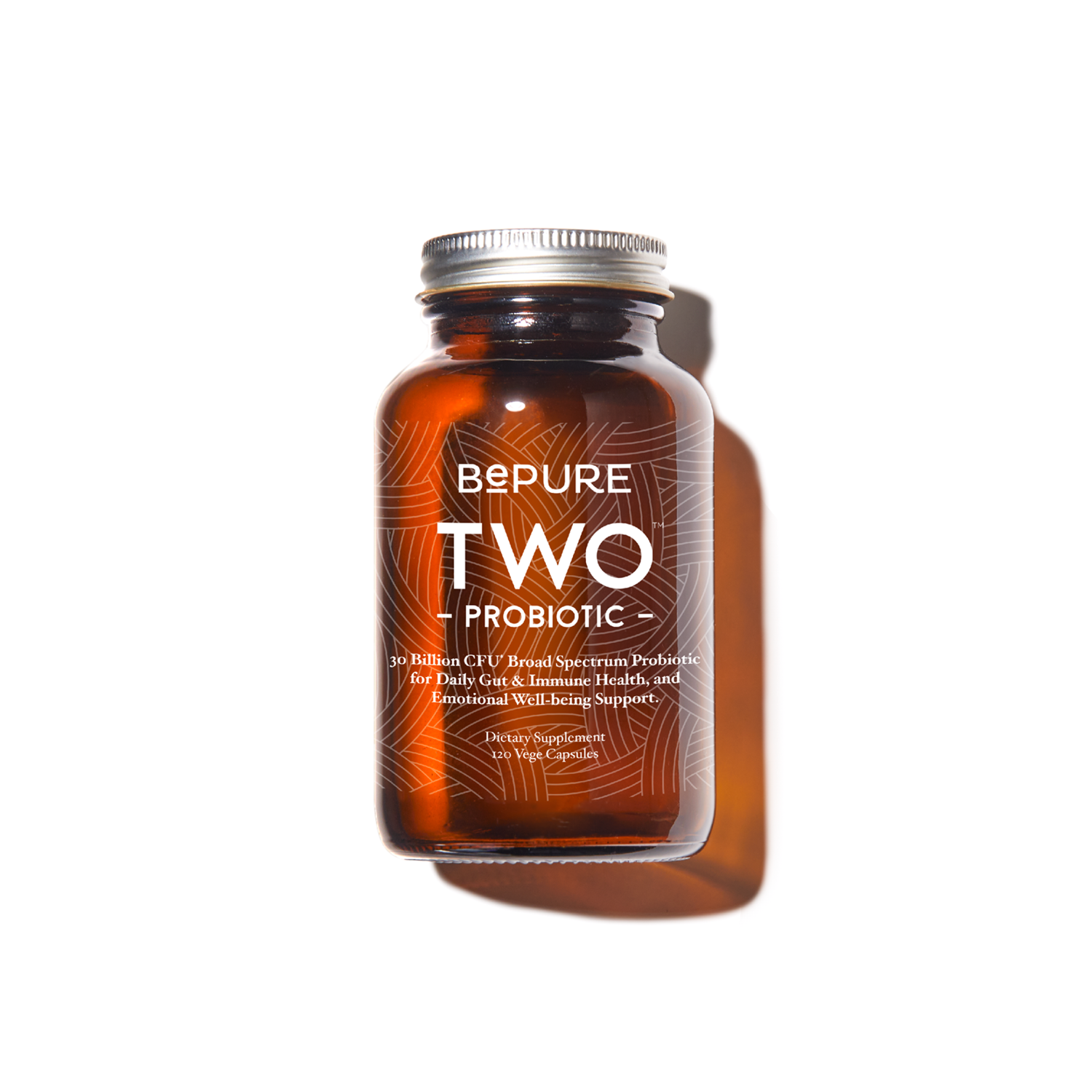Irritable Bowel Syndrome (IBS) is rather a mystery, as it is usually diagnosed by a GP when other diagnostic tests have ruled everything else out. There is no single test for IBS.
“Oh, I have IBS, but there is nothing I can do about it.”
An IBS diagnosis may be frustrating when seeking information to unravel the mystery of what to do and where to look for answers. We often hear people say, “Oh, I have IBS, but there is nothing I can do about it.” What if we told you there are some ways you can support your body?
While there isn’t one stand-alone reason for IBS and it is likely to differ from person to person, there are some things you can do to bring your body back to balance. Let’s take a closer look…
What can you do for IBS?
1. De-stress
IBS is intricately linked to stress levels and many of our clients have reported that their IBS symptoms get considerably worse when they are stressed. This is not surprising considering recent research about the gut-brain axis.
“The gut-brain axis is the connection between your gut and your brain.”
The gut-brain axis is the connection between your gut and your brain. Your gut receives neural, endocrine and immune messages that come from your brain and your gut even has a nervous system (the enteric nervous system). So when you are anxious or stressed, your gut knows about it, which has a flow on effect to your entire body systems. While the brain is talking to the gut, the gut can also talk to the brain, completing the gut-brain cycle.
You might start by looking at where your stress is coming from in the first place, or check out some tips we recommend to bring less stress and more calmness into your life, such as going for a walk in nature, belly breathing exercises or practicing restorative yoga.
2. Support your microbiome diversity
The communication between our body systems doesn’t stop there; as well as our gut talking to our brain, the bacteria in the gut also communicate directly with our gut and our brain. We have trillions of bacteria living in our gut (in fact humans have more bacteria cells than we have human cells) and when our bacteria are lacking in diversity or become out of balance, the communication between our bacteria, gut and brain can break down.
“Humans have more bacteria cells than we have human cells!”
We may come into trouble when our gut microbiome is out of balance. Microbial imbalances have been linked to depression, skin disorders, autoimmune conditions, leaky gut, infertility and IBS.
Research shows the promotion of diverse beneficial gut bacteria with a quality daily probiotic is essential for supporting overall gut health and in turn, overall health and happiness. Another easy place to start is including fermented foods in your diet.
3. The SIBO + IBS connection
While we recommend the addition of probiotics, it is also important to note whether or not you may have Small Intestine Bacterial Overgrowth (SIBO). SIBO is one of the main contributors to IBS. Studies have found that 50% or even up to 84% of people with IBS have a degree of SIBO. If you have severe SIBO it’s important you work on clearing the overgrowth of bacteria before adding extra bacteria in.
“It is also important to note whether or not you may have Small Intestine Bacterial Overgrowth (SIBO).”
4. Test, test, test!
There is one particular dietary protocol that you may have heard about for IBS and this is the FODMAP diet. The reason being, FODMAP basically stops feeding the bacteria in the gut by taking away the foods (prebiotics) that feed the bacteria. This is a temporary measure that helps to reduce symptoms but does not get to the underlying root of the issue. The FODMAP diet is a wonderful thing short term, however, it is very difficult to maintain long-term.
There are multiple reasons why someone might have IBS. Urine testing and Stool testing are common tests for your microbiome to see what strains of beneficial and pathogenic bacteria, parasites and yeasts are inside the gut. We also recommend to test for food intolerances using an IgG and IgA blood test. We then work to support rebalancing the gut, modifying the microbiome and allowing our clients to include a broader diet.
As we have discussed, IBS may be occurring for a number of different reasons, which is why we recommend taking a holistic approach in supporting your body towards a happier, healthier you.



